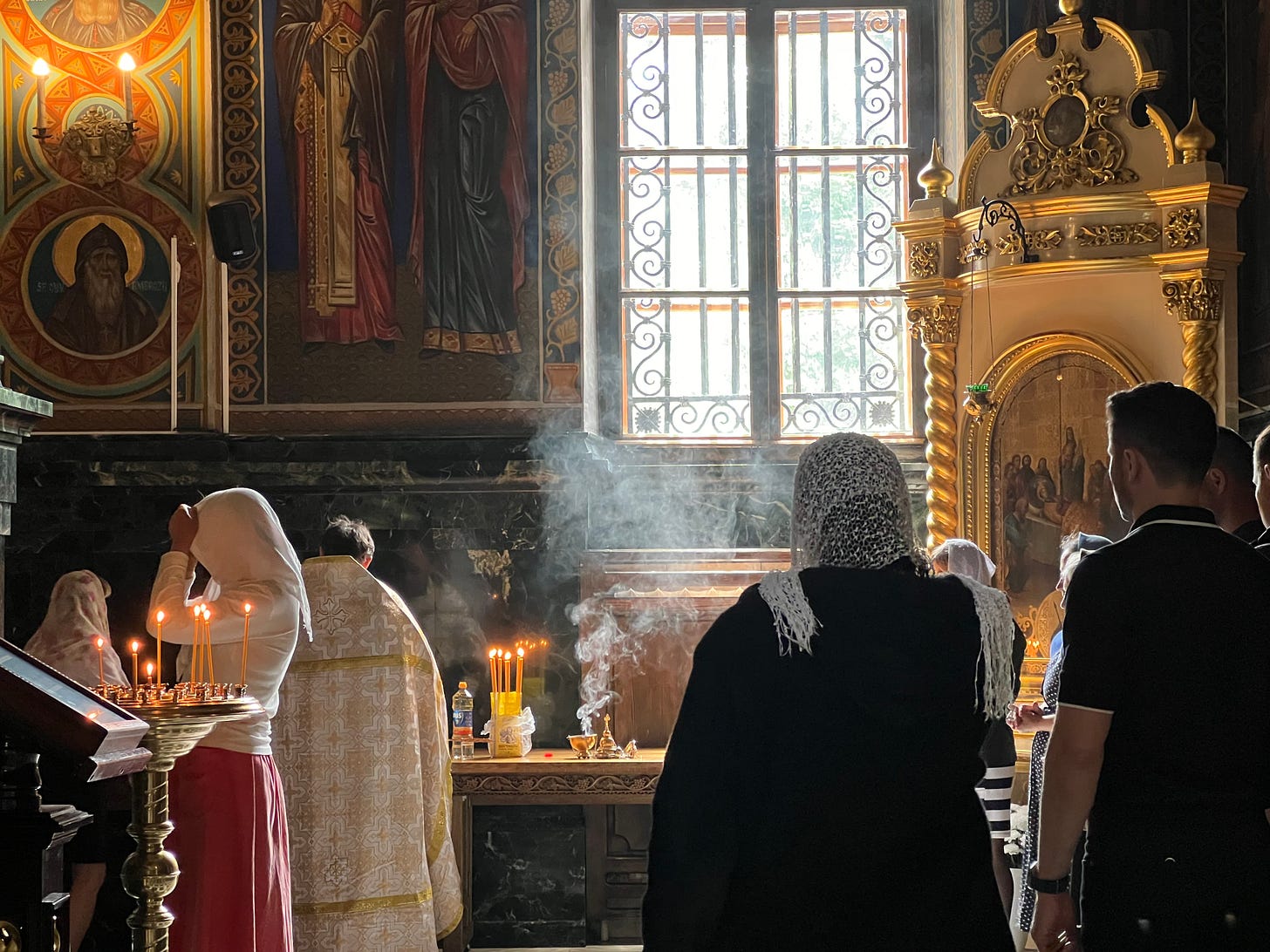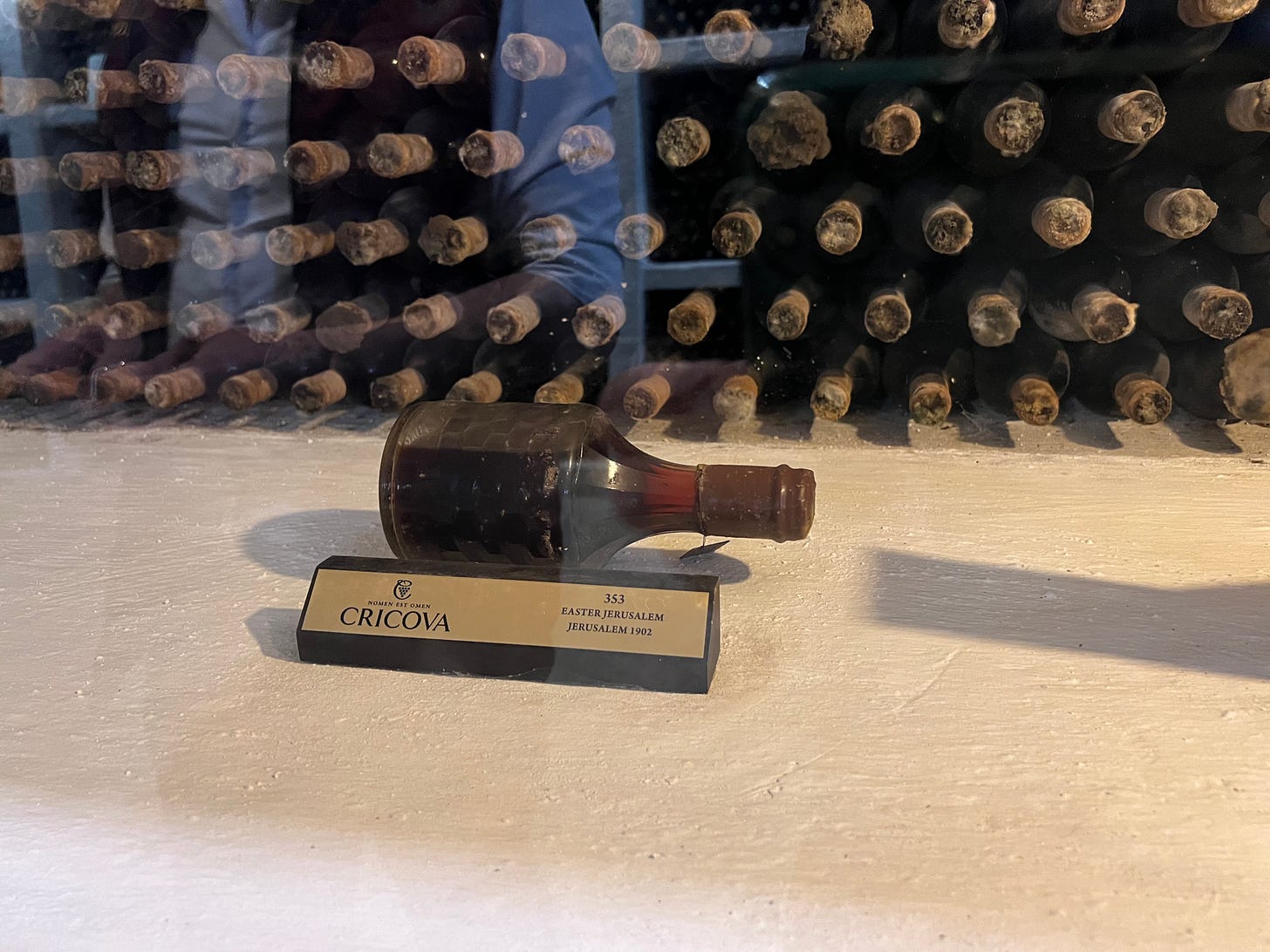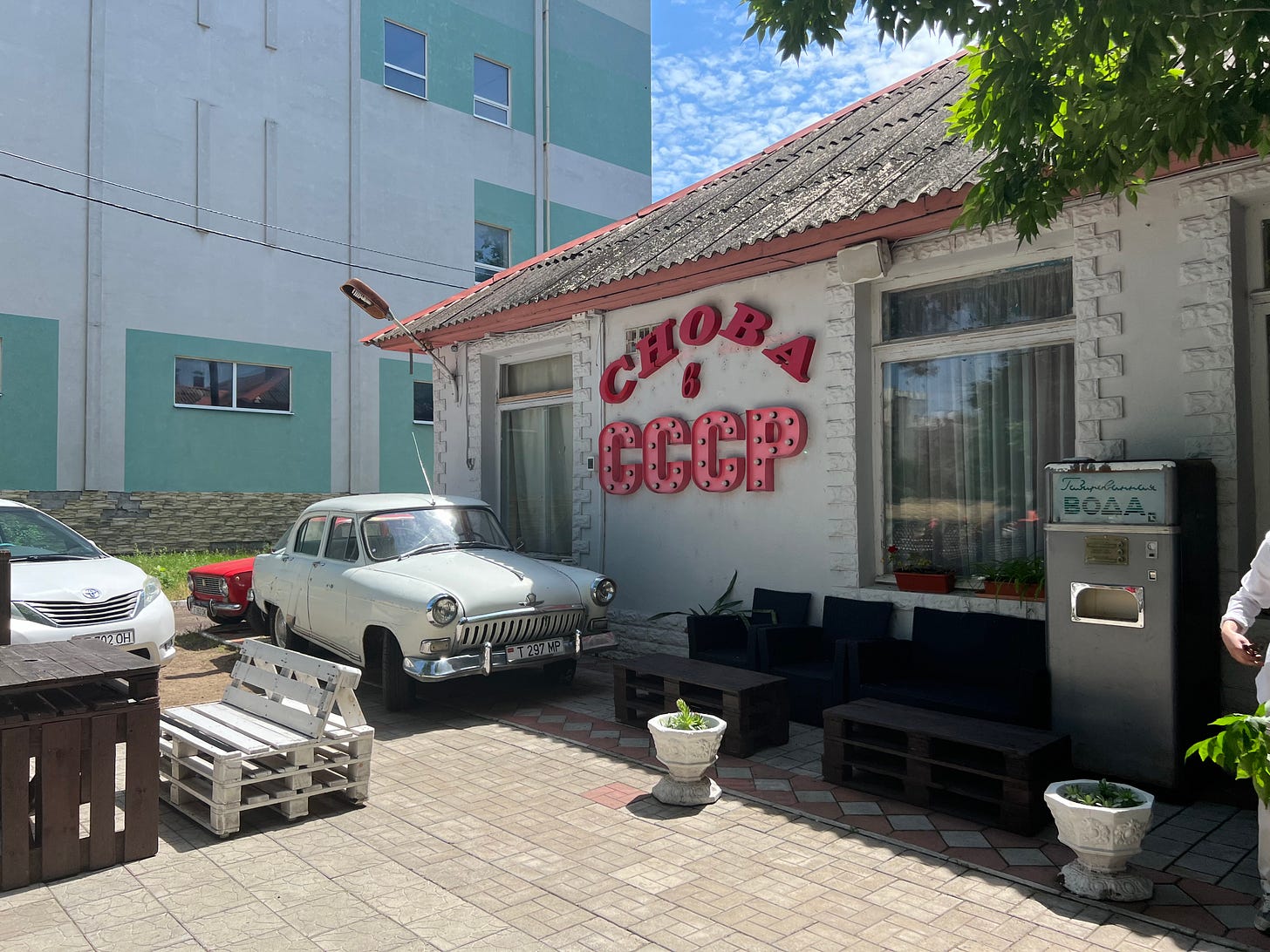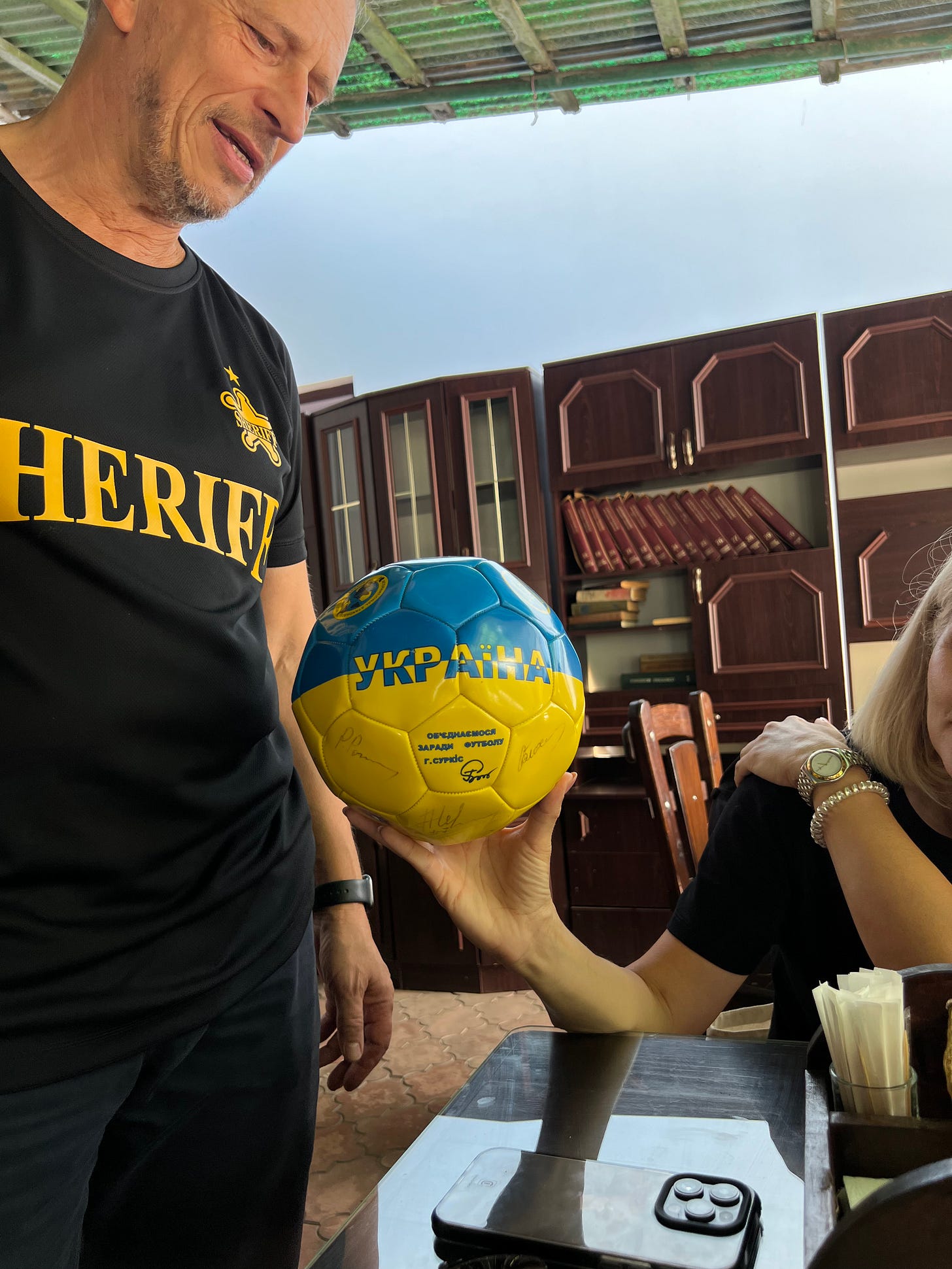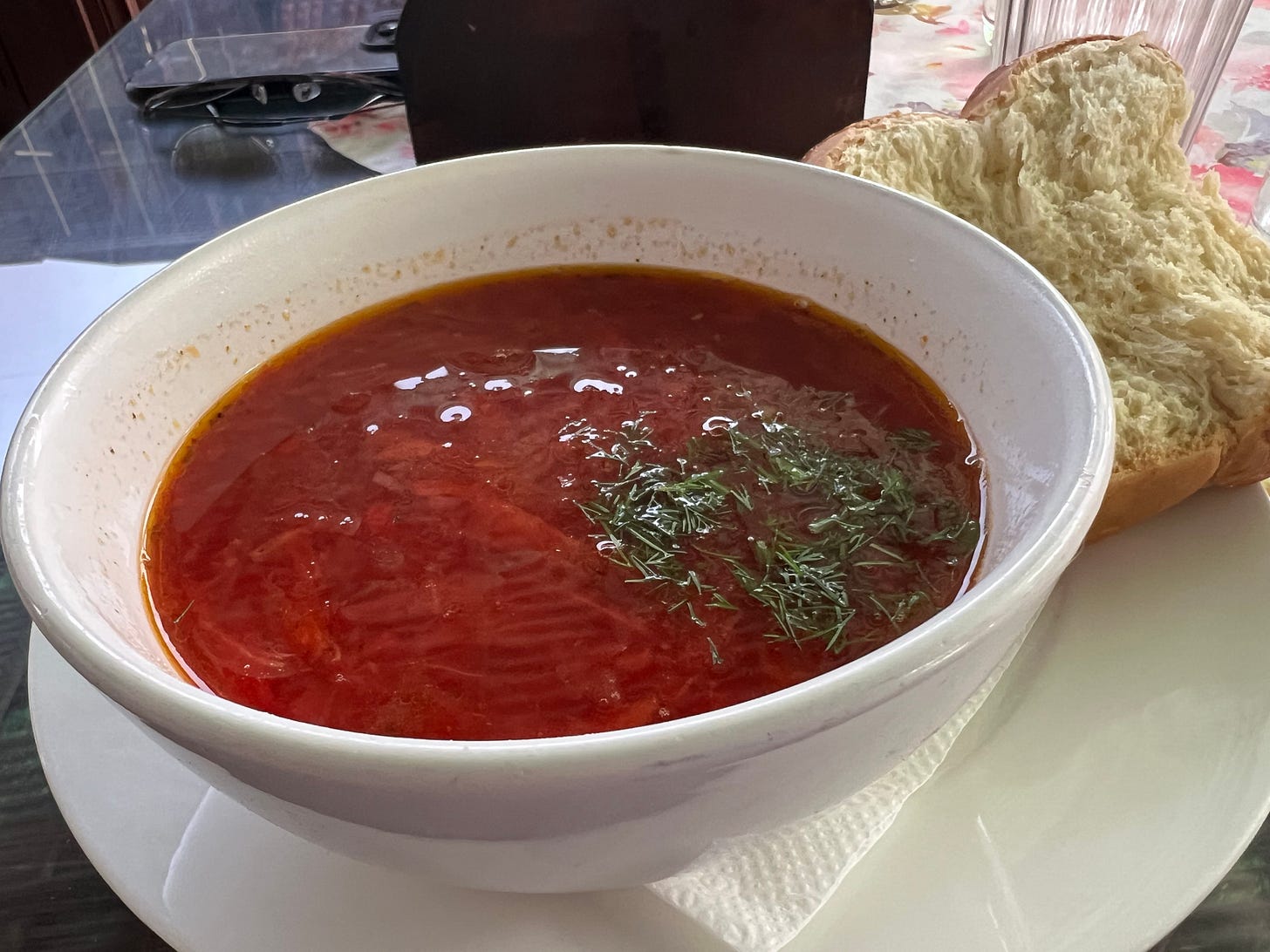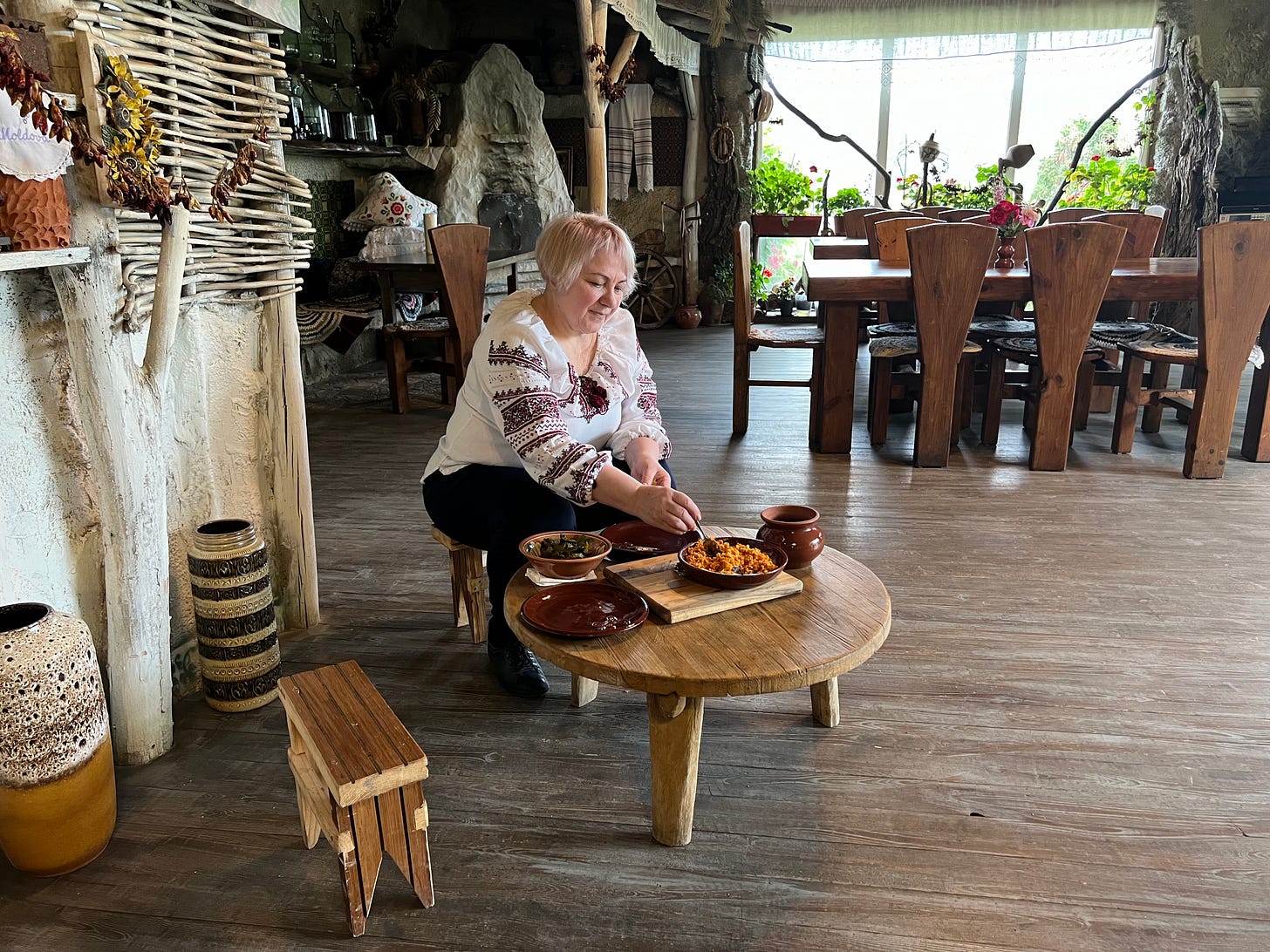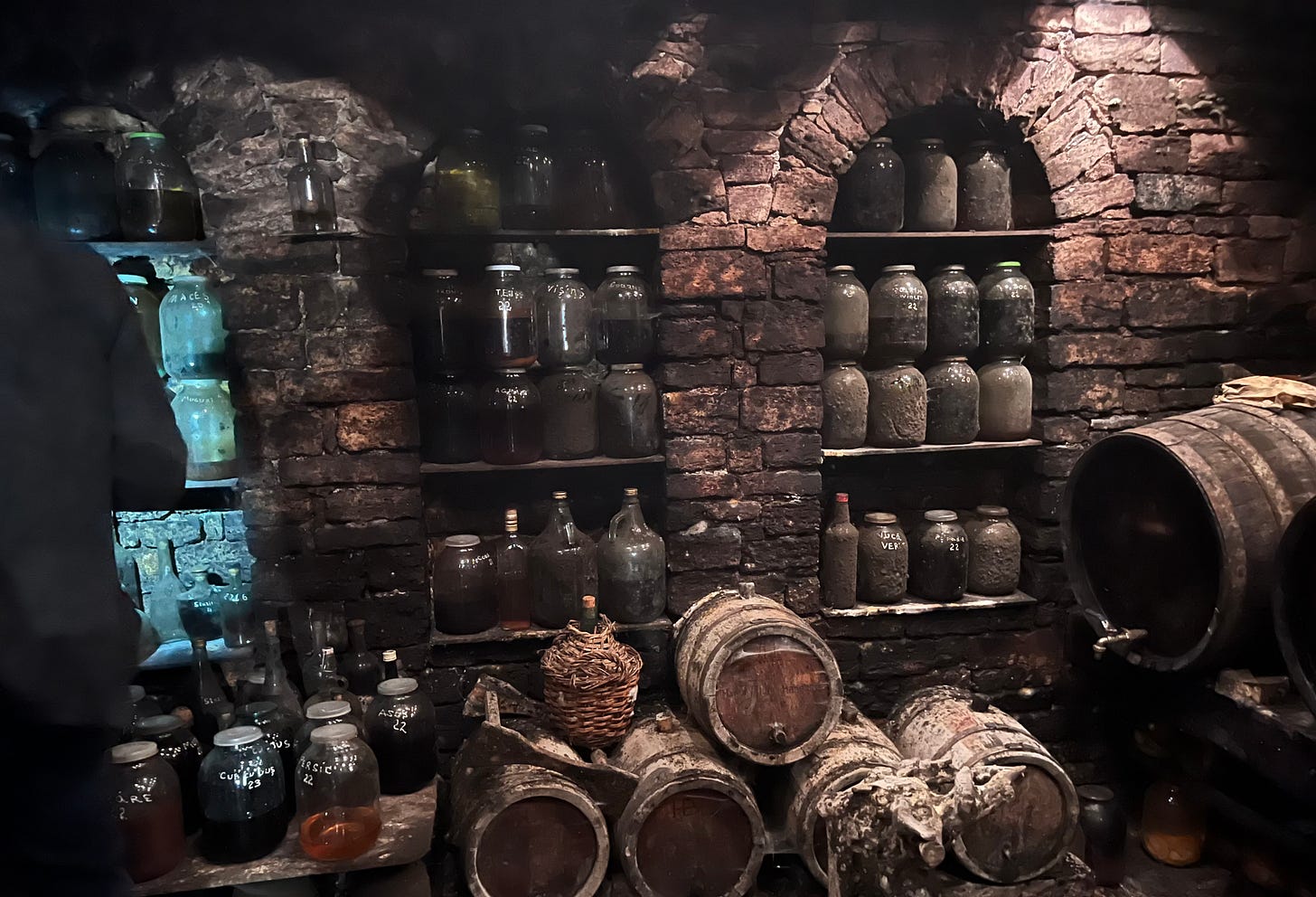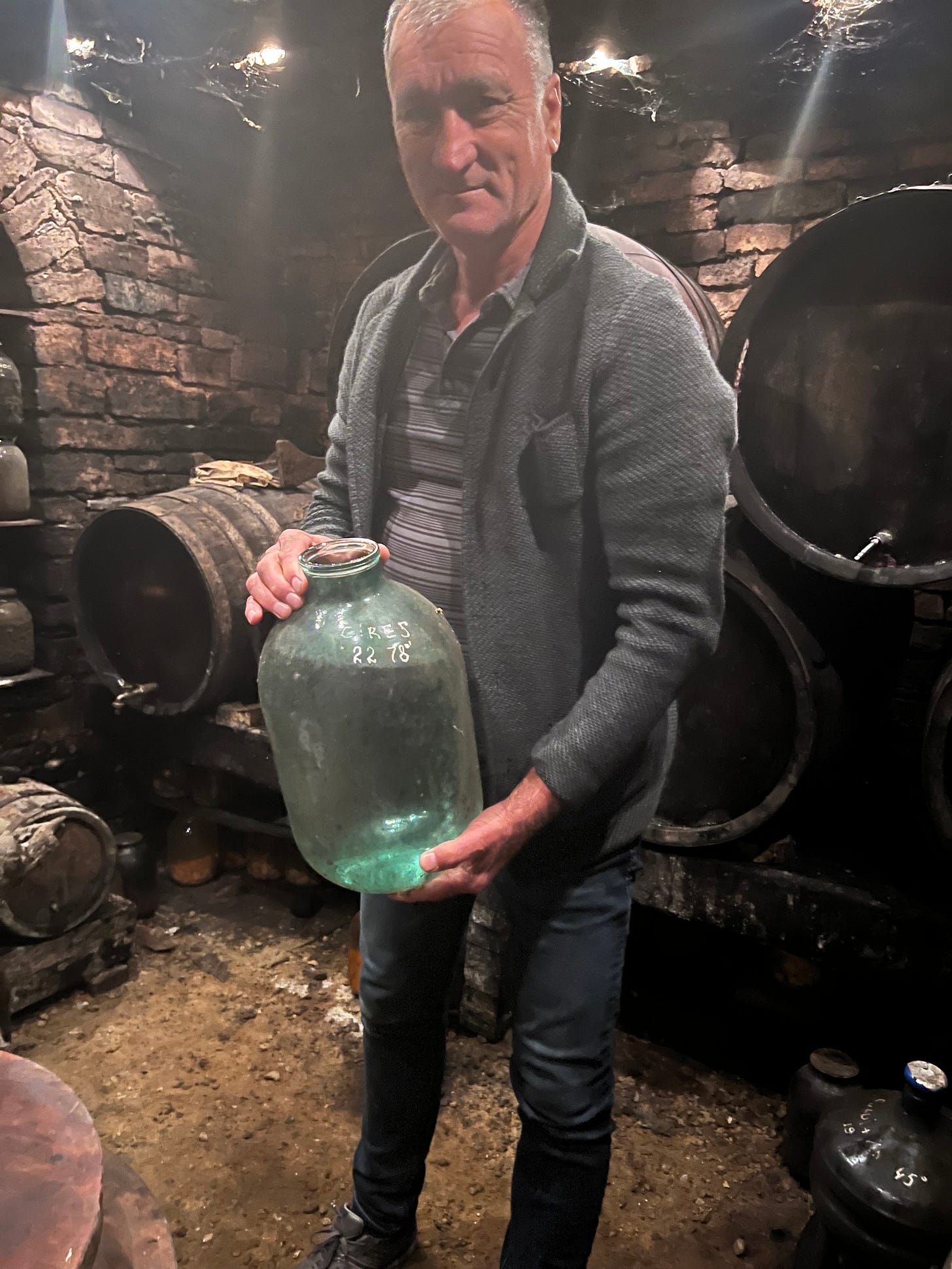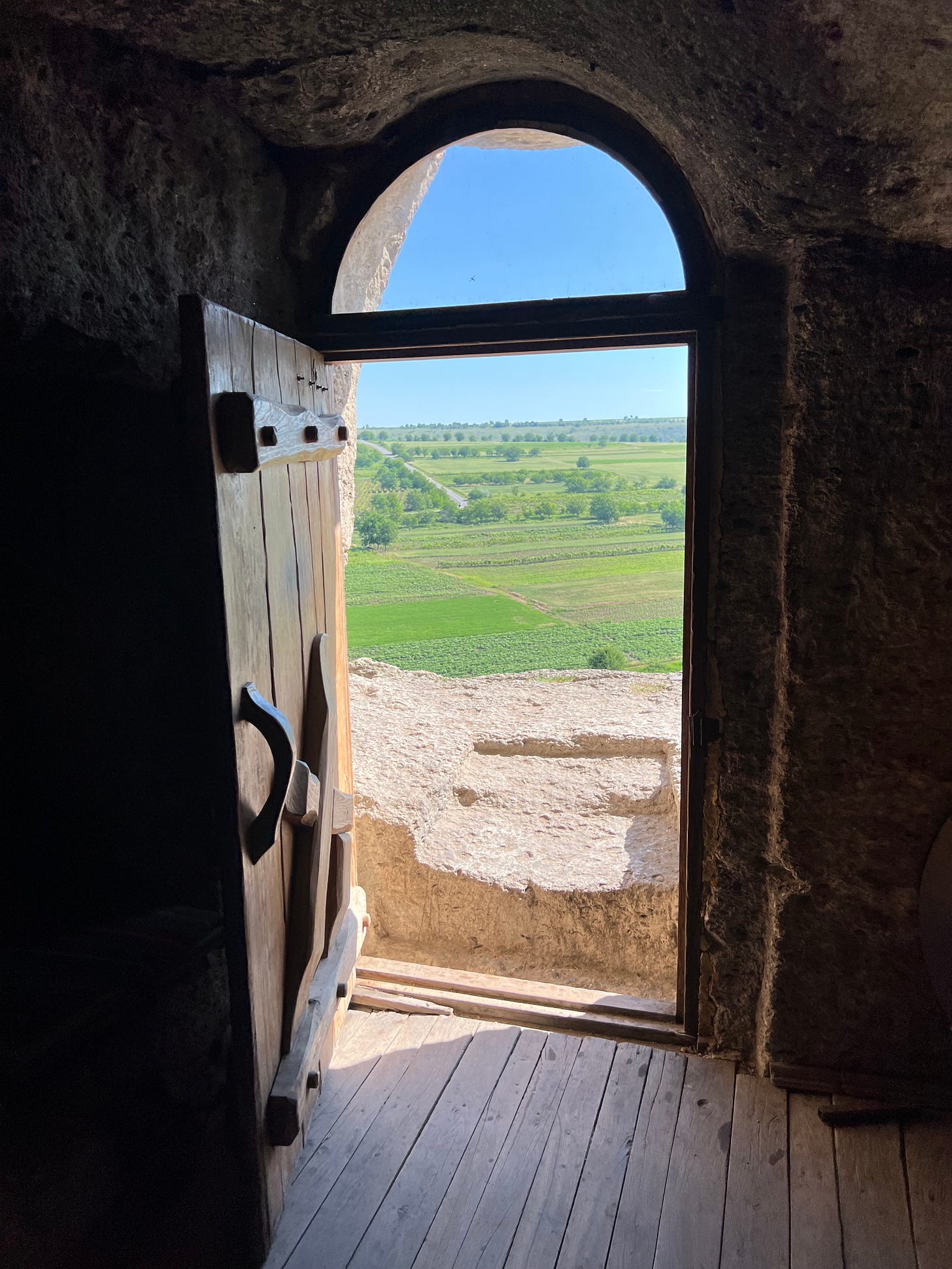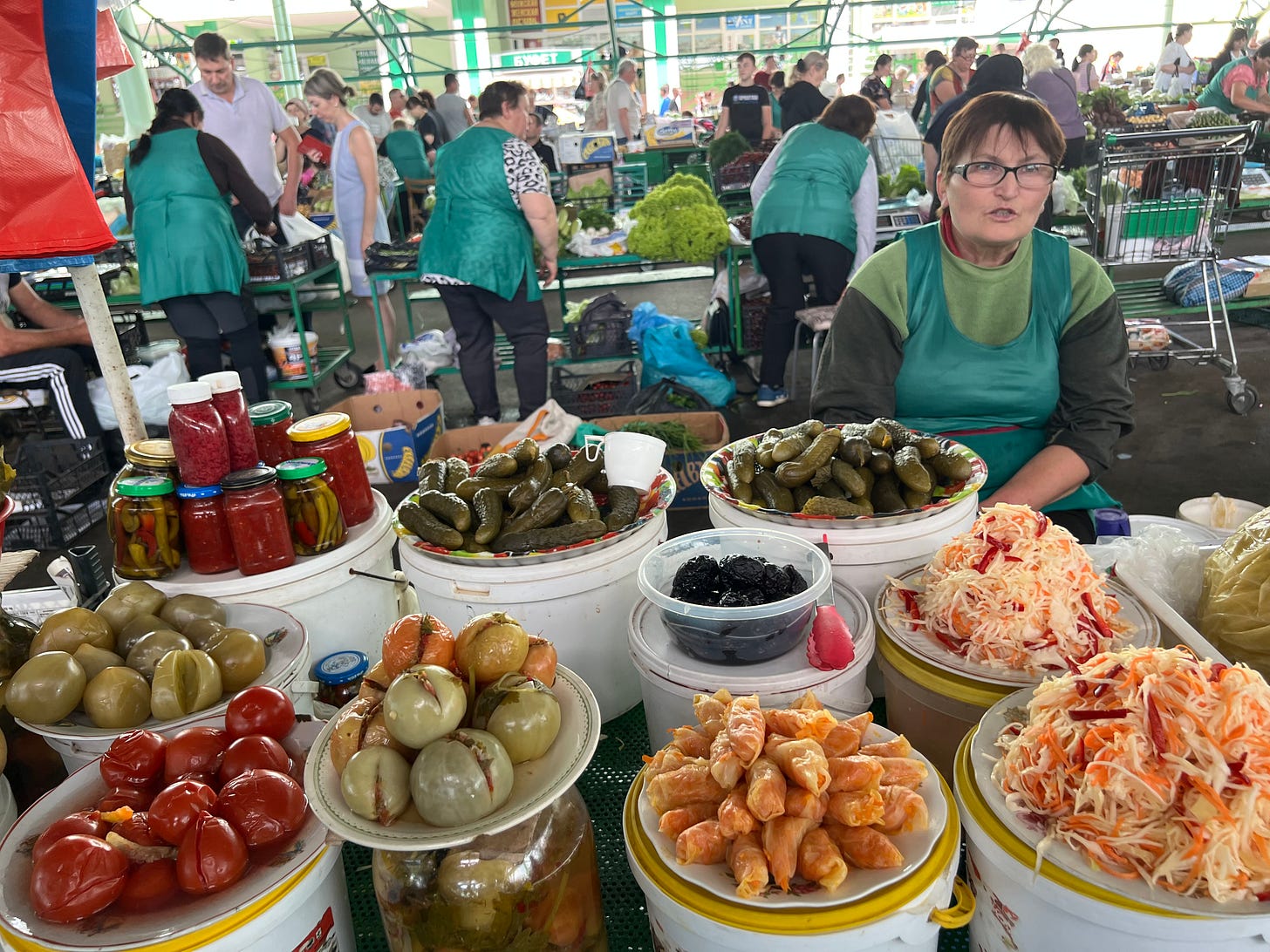Moldova is Brilliant. No, Really
Last summer I went to Moldova, one of the least-touristed countries on earth. This is what I found
MOLDOVA!
Whenever I think of Moldova (which is not often, to be honest), I am reminded of a message sent by my uber-talented photographer friend Peter Dench, when he came here a couple of years ago: “Less than a minute after crossing into Moldova I witnessed three horses-and-carts, a man throwing stones at a chicken, and a goat on a string. My mobile informed me I was in a ‘Zone D’ worldwide destination, it felt like Zone Z”.
And that’s it in a nutshell: Moldova feels like ‘Zone Z’. The last place on earth you might go. And if that is your perception of this tiny east-European state, hidden behind Romania, lost like a silver penny between Eurasia’s geopolitical sofa-cushions: then you’re not alone: stats show that Moldova gets fewer tourists per head than any country in Europe.
What can it be like? Why does no one ever come here? Can you get food that isn’t variations of lard?
Well now I’m here, in Moldova’s quaint, crumbly, airy little capital of Chisinau, which is famous for… not much. Its main river, the Byk, is more of a rusty stream at the end of someone’s garden. Parts of it, even near the centre, feel like you could be in deep countryside: horses in yards, more goats on strings. 70% of it was destroyed in 20th century wars.
The great Russian poet Pushkin was exiled to this balmy corner of the then-Tsarist Empire (there is a sweet little museum dedicated to his shortish stay) and found its houses “dirty” and “sinful” as he begged to be moved to more exciting Odessa; though, it should be said, the sinning was mainly his, as he zealously worked his way through the comely Moldovan womenfolk.
And yet, despite all this, Chisinau has real charm. Yes there are post-Soviet tower blocks aplenty, but the people are smiley. The churches are poetic and smoky. The best hotels are plush and good value. The many spick-and-span parks can be delightful. And, as my extrovert guide Natalje shows me, there are al fresco cafes everywhere, making the most of that dulcet weather.
And the food is not “versions of lard” it is a vivid and tasty collision between Balkan and Slavic, Russian and Turkish, and with a spicy Romanian-gypsy genius all its own. The richly complex cuisine speaks of Moldova’s intricate history: swapped between empires, conquered by everyone - and they all brought their own recipes. If you want trendy “Chisinau fusion”, try restaurant Divus, its properly good; if you want pukka home-food, have a bowl of Zama, a noodle-meat-umami broth served with sour cream, chili, pickles, bread, and yum; it’s available everywhere and costs mere pennies.
Onwards we go to Moldova’s next selling point: the wine. We’re driving through rolling meadows and woods – little Moldova has no coast, nor mountains – and we’re heading for Cricova. The word Cricova comes from the word “scream”, and the legend is the scream was that of an Orthodox hermit: worried the Ottomans would steal his wine. Happily the Ottomans failed, because underneath Cricova there are 125 labyrinthine kilometres of limestone mines: turned into the 2nd biggest wine cellar in the world. The caves are deep underground, and always 14C.
On your breezy golf-cart tour you will see famous private wine collections, a thankyou letter from first-man-in-space Yuri Gagarin, and a third of Herman Goering’s wine stash - retrieved from the Nazi leader’s private train at the end of World War 2 (Moldova got one third because the hoard was distributed three ways: between Moldova, Georgia and Armenia, the “wine making” republics of the USSR).
Some of the tunnels are transformed into spectacular caverns of crystal and neon; at the end you get to buy more wine – white, red, jolly good sparkling - at agreeable prices. As I am wandering the shop, Natalje whisperingly tells me: “in Moldova we have no taxes on wine. Because wine is food!” In that case, I’m starving.
1/498th of 1/3 of Herman Goering’s Wine Stash
From here it’s a shortish drive to another famous but very different winery - the posh one, Purcari. This is the brand of wine loved by Queen Victoria, and all UK royals since. Their swish chateau-cum-hotel is like something from the Rhone Valley, gazing at its own rustling green vines. The restaurant is excellent – especially the crab ravioli. If you do stay a night, try for the luxe Tower Suite with its mezzanine hot tub, from which you can lie back in capitalist bubbles – as you overlook the USSR.
Yes, the USSR. Next morning Natalje tells me “I must behave” because “now we are going to the old Soviet Union. No photos of guards!”. Climbing in the car, hiding my phone, I watch as we cross into the quasi-independent exclave of Transnistria: a strip of pseudo-nation still loyal to old communist Moscow.
To be frank, it’s less dramatic than I’d hoped. The border guards yawn, the sunlit queue is three minutes long, and then we are in the time-warped Soviet Union, passing the mighty Bendery Fortress – once Ottoman, then Swedish, then Russian, a pivotal place of military history. It’s a good spot for spectacular views, outdoor movies, or a summer swim in a grandiose bend of the Dniester (but be careful, the waters are fast).
And Transnistria? Yes they do have a statue of Lenin. But they also have a statue of Harry Potter. Yes they have an old T34 Soviet tank, but they also have a boisterous market where you can buy the finest cherries, the freshest herbs, plus pickled tomatoes, smoked river fish, wild camomile honey and cups of cold kvass (weak bread beer) which is oddly refreshing on hot Moldovan days.
For lunch we stop at “Back in the USSR” a Marxist themed café which, unlike every other theme restaurant in the world, serves excellent grub: particularly the amazing borscht. It costs £2 a bowl, and you eat it while staring at a Bakelite Stalin.
From Transnistira we head back into central Moldova’s deep history - and Orjhei Vechi. Here in this Edenic vale, full of quaint wooden guest houses and “nationalised walnut trees” (according to the ever-entertaining Natalje), I eat fresh cherry pie for breakfast. Next to a 19th century peasant house. Next to a 16th century cave church. Next to a 14th century Tatar caravanserai. Next to 3rd century BC “Geto-Dacian walls”. Next to 20,000-year-old Neolithic remains. All made from rocks suffused with 20m year old fossils. I am genuinely surprised it is not UNESCO listed: perhaps, like so much of Moldova, it is simply overlooked.
Last stop, best stop. It’s a humble homestead down by the banks of the Dniester owned by a notably amiable couple called Sergiu and Emilia - and their diverse progeny. After Emilia has shown me, in her Hansel and Gretel kitchen, how to make “Moldova’s smallest sarmale” (delicate cabbage rolls) we think about hiking, boating, cycling, horseriding – which are all available – but as it is gently drizzling, Sergiu takes me to his man-cave: a glorious mouldy cellar stuffed with all things fermented, barrelled, and distilled, including 118 types of home-made vodka.
Sergiu speaks no English; I speak even less Moldovan, but Sergiu explains – via Natalje - that if we drink enough alcohol this totally won’t matter. Well, it’s gotta be worth a shot. Ahem.
Turns out he’s right. As Sergiu exuberantly offers up shot glasses of mulberry vodka, pine-needle vodka, strawberry vodka, “medicine” vodka, “78% proof” vodka and “at this point I forgot to take notes” vodka, we start chattering away in some special drunken Esperanto before breaking lustily into urgent folk songs, and then at last I stumble home, chuckling, to my rustic wooden chamber - and when I wake up I can hear cocks crowing, donkeys coughing, and Sergiu’s extended family dandling babies. On the sunny balcony, Emilia is serving warm home-made bread: with rosehip jam and fresh cottage cheese.
And as I sit there nursing a mild hangover and good strong coffee, staring at the silvery mist rising from the Dniester, Sergiu comes up and shakes my hand and gives me a free bottle of the raspberry vodka. Which was apparently my favourite (my memory is fuzzy). And as he does this I think: what a nice guy, what a nice family, and what a nice country. Because it is true: absolutely everyone I have met on this trip has been lovely, and that is something truly special.
In a world where tourists are increasingly shunned, heckled, taxed, cursed, and processed industrially through sterile resorts, Moldova is a place where they welcome you with delight, because they get so few tourists, and because they really want to see you. Put it another way, visiting Moldova is like going home to the warm and funny family you forgot you had. Fantastic.




